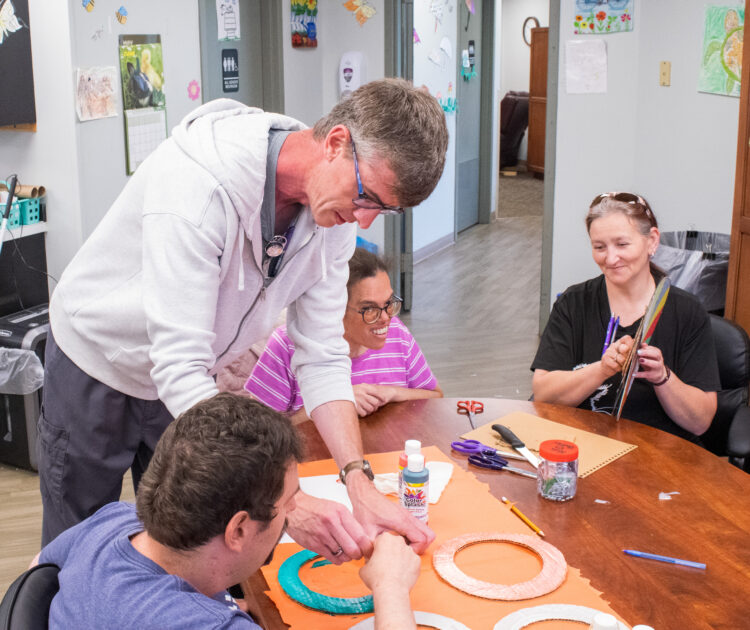With recent reports of Eastern Equine Encephalitis (EEE) detected in horses across New York State—including Clinton, Franklin and St. Lawrence counties—it’s crucial to raise awareness about the potential risks this virus poses to humans.
EEE is a rare but serious viral infection transmitted to humans through mosquito bites. It can lead to severe neurological damage and, in some cases, be fatal. As mosquito activity peaks during the late summer and early fall, now is the time to take preventive measures to protect yourself and your loved ones from this serious threat.
Key tips to safely prevent EEE:
- Use Insect Repellent: Apply EPA-approved insect repellents containing DEET, picaridin, oil of lemon eucalyptus or IR3535 to exposed skin and clothing. Always follow the product instructions, especially when using on children.
- Wear Protective Clothing: When outdoors, wear long sleeves, long pants and socks. Light-colored clothing can help reduce mosquito attraction, and tucking your pants into your socks or boots adds an extra layer of protection.
- Avoid Peak Mosquito Activity: Mosquitoes that carry the EEE virus are most active from dusk to dawn. If possible, limit outdoor activities during these hours. If you must be outside, take extra precautions with repellent and clothing.
- Eliminate Standing Water: Mosquitoes breed in stagnant water. Regularly empty and clean water from items such as birdbaths, flowerpots, pet dishes, gutters and any other containers that can collect water.
- Use Mosquito Nets and Screens: Ensure windows and doors have screens that are in good repair to prevent mosquitoes from entering your home. Consider using mosquito netting when sleeping outdoors or in areas without proper screening.
By following these steps, you can significantly reduce your risk of EEE and enjoy outdoor activities more safely.


 Previous Post
Previous Post

